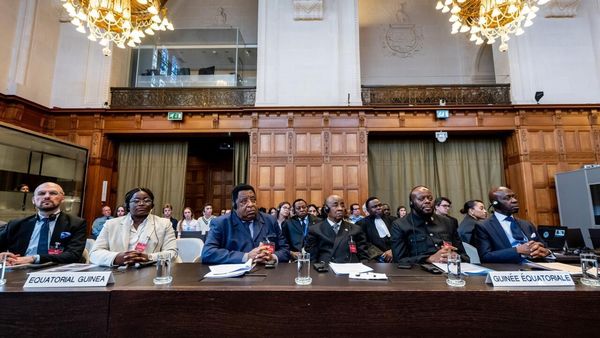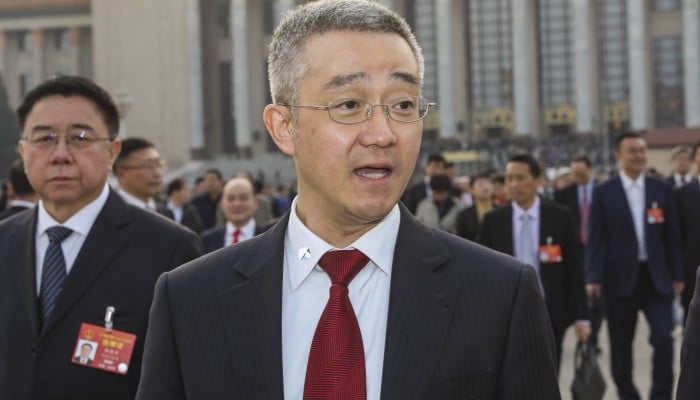
The only son of former president Hu Jintao is tipped to become the new Communist Party chief of Xian, China’s ancient capital and the biggest city in the country’s northwest, according to three sources.
The promotion will elevate Hu Haifeng, 46, to vice-ministerial rank and set him up for future career advancement. Hu is now the party boss of Lishui, a much smaller city in the coastal province Zhejiang.
Xian is the capital of Shaanxi province and Hu will also become a member of the provincial party’s standing committee.
The city is the most important economic centre in the northwest, but is reeling from a political scandal, with a string of officials under investigation by the party anticorruption watchdog, the Central Commission for Discipline Inspection. The officials were accused of corruption and dereliction of duty after they ignored direct orders from President Xi Jinping to demolish illegal villas built in a nature reserve in the Qinling mountains.
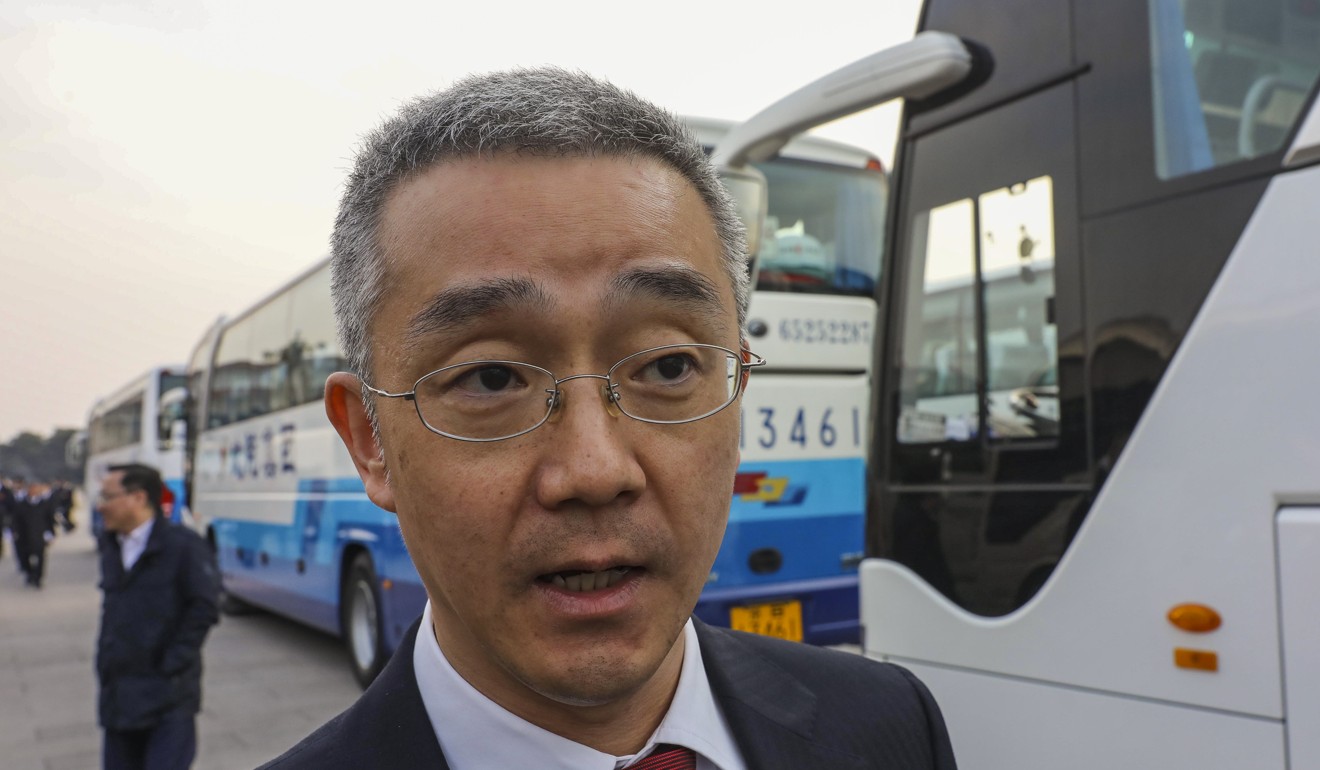
Hu has been brought in to steady the boat and will burnish his credentials if he can pass this first major test of his political career.
A source said preparations were already under way in Xian for the young politician to take up the new role.
“Hu will have the support of the senior provincial leadership,” the source added.
Another source said Hu was originally assigned to head the provincial organisation department in Fujian province but that changed recently.
Beijing-based political analyst Zhang Lifan said Hu’s promotion could be seen as a gesture by Xi to pacify Hu Jintao’s supporters as the president faces greater challenges at home and abroad.
“Xi is facing a difficult situation now,” Zhang said, referring to the trade war with the United States and slowing economic growth.
But Zhang warned that Xian would be a tough assignment for the relatively inexperienced politician and Hu needed to prove he was up to the task.
Hu, a graduate of computer science from Beijing Jiaotong University, did not enter into politics until 2013. He worked as a senior engineer at state-owned Tsinghua Holdings and later became the president of Nuctech, a security scanning equipment maker controlled by Tsinghua Holdings.
“[Hu] Haifeng initially was not very happy about becoming an official. He planned to become a technician and academic,” an acquaintance of Hu Haifeng said.
“But the [party’s Organisation Department] picked him because the central government needed to bring in brilliant young people born in the 1970s.”
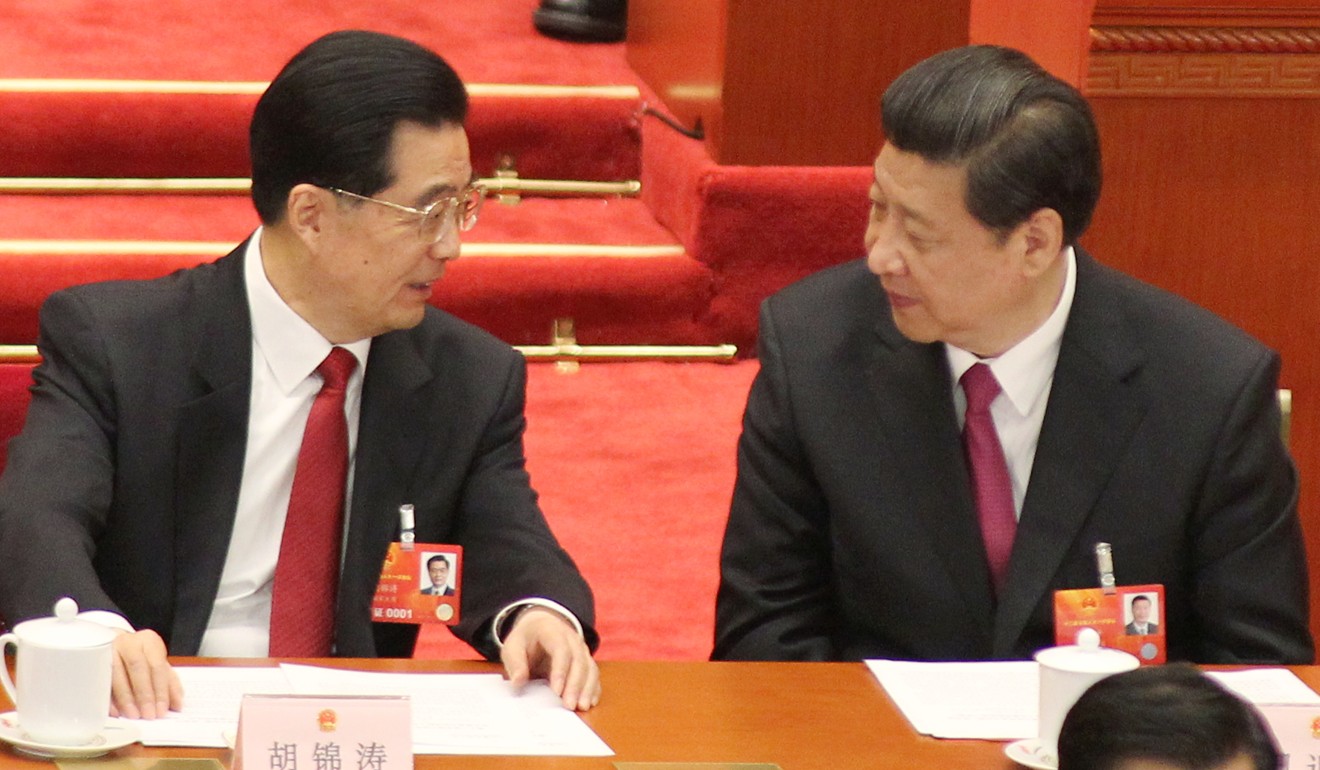
Beijing has promoted a dozen cadres born in the 1970s to vice-ministerial rank recently.
Hu started his political career as the deputy mayor of Jiaxing, another city in Zhejiang, in 2013, just months after his father retired. He was promoted to mayor of Jiaxing in 2016, and to Lishui’s party boss in July, making him the youngest prefectural-level party chief in the province.
While in Lishui, Hu promoted environmental protection and eco-friendly industry, causes in line with Xi’s message that “green hills and clear waters are the true gold and silver mines”.
Xi openly praised Hu’s greener development strategy in April last year, when the president chaired a forum on the development of the Yangtze River Economic Belt.
Last month, Hu published an article in a party magazine in Zhejiang, vowing to live up to the president’s praise and achieve a healthy balance between economic growth and environmental protection.
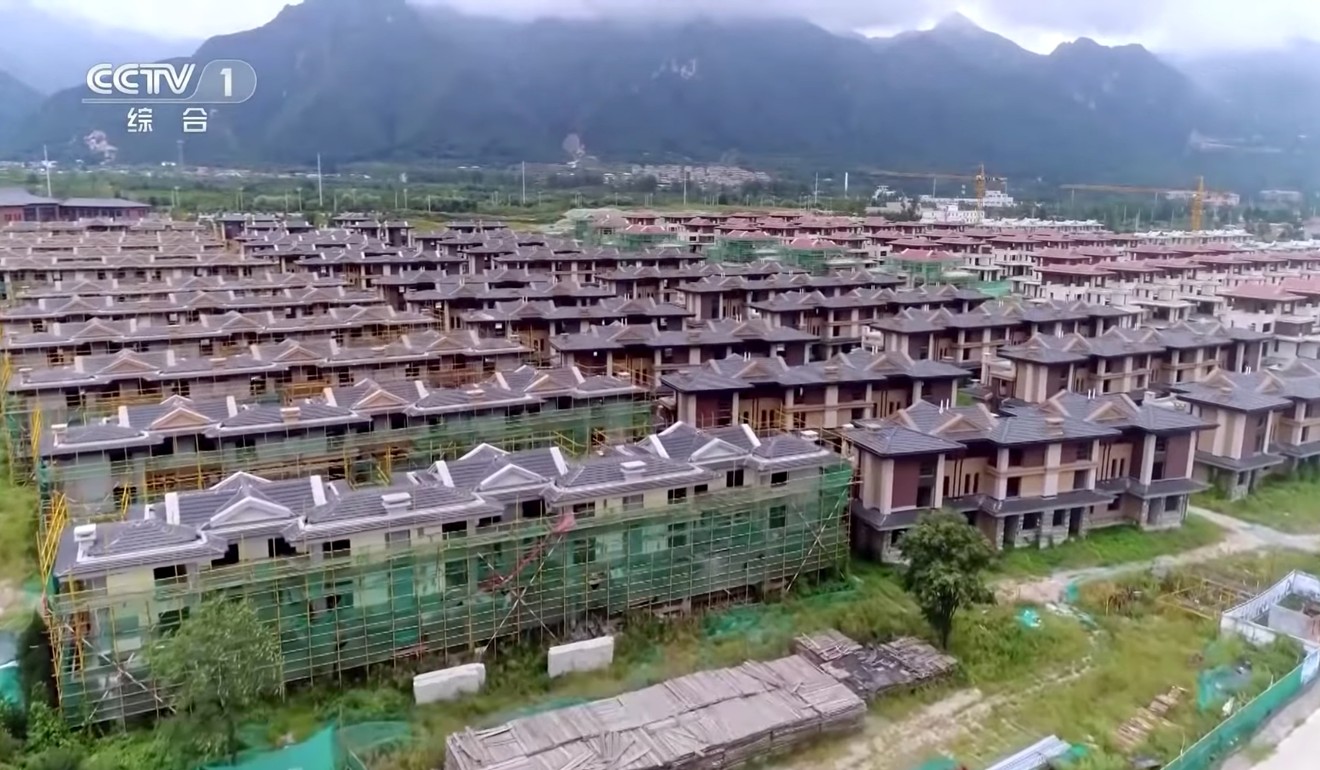
Like his father, Hu is described by insiders as a “reticent person” who prefers to have a low profile.
One of the rare occasions when his name appeared in overseas media was in 2009 when Nuctech – which has a near-monopoly in security scanning equipment in China – was embroiled in a corruption scandal in Namibia.
Hu was president of Nuctech until 2008 and became the party boss of parent company Tsinghua Holdings in 2009.
At the time, Namibian authorities said Hu was not a suspect but they still wanted him to testify. News of the case was completely censored in mainland China.

